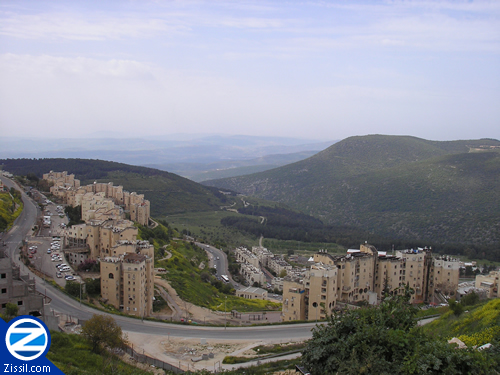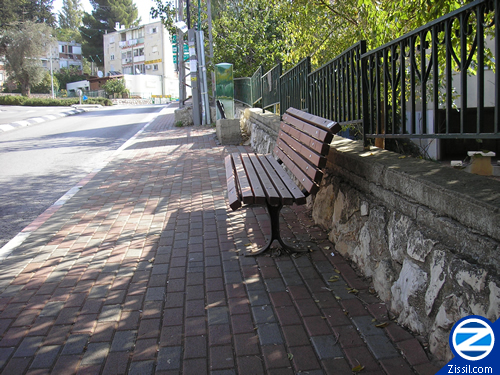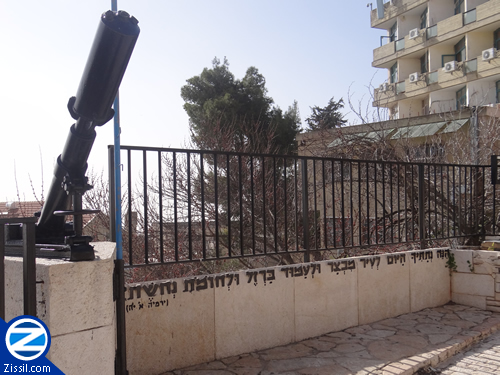The origins of the name “Tzfat” are unknown but may refer to either of two Hebrew verbs which are similar to “Tzfat” — “L’tz-a-pot”, meaning “to anticipate” or “L’tz-pot” meaning “to look out.” Tzfat has many different spellings which derive from the Arabic, Sephardic Hebrew and Ashkanazi Hebrew pronunciations.
Common spellings of Tzfat include Tzfat, Tsfat, Tzfas, Tsfas, Safed, Zefad, Zfat, Zefat, Zefas, Zfas, Zfad and more.



